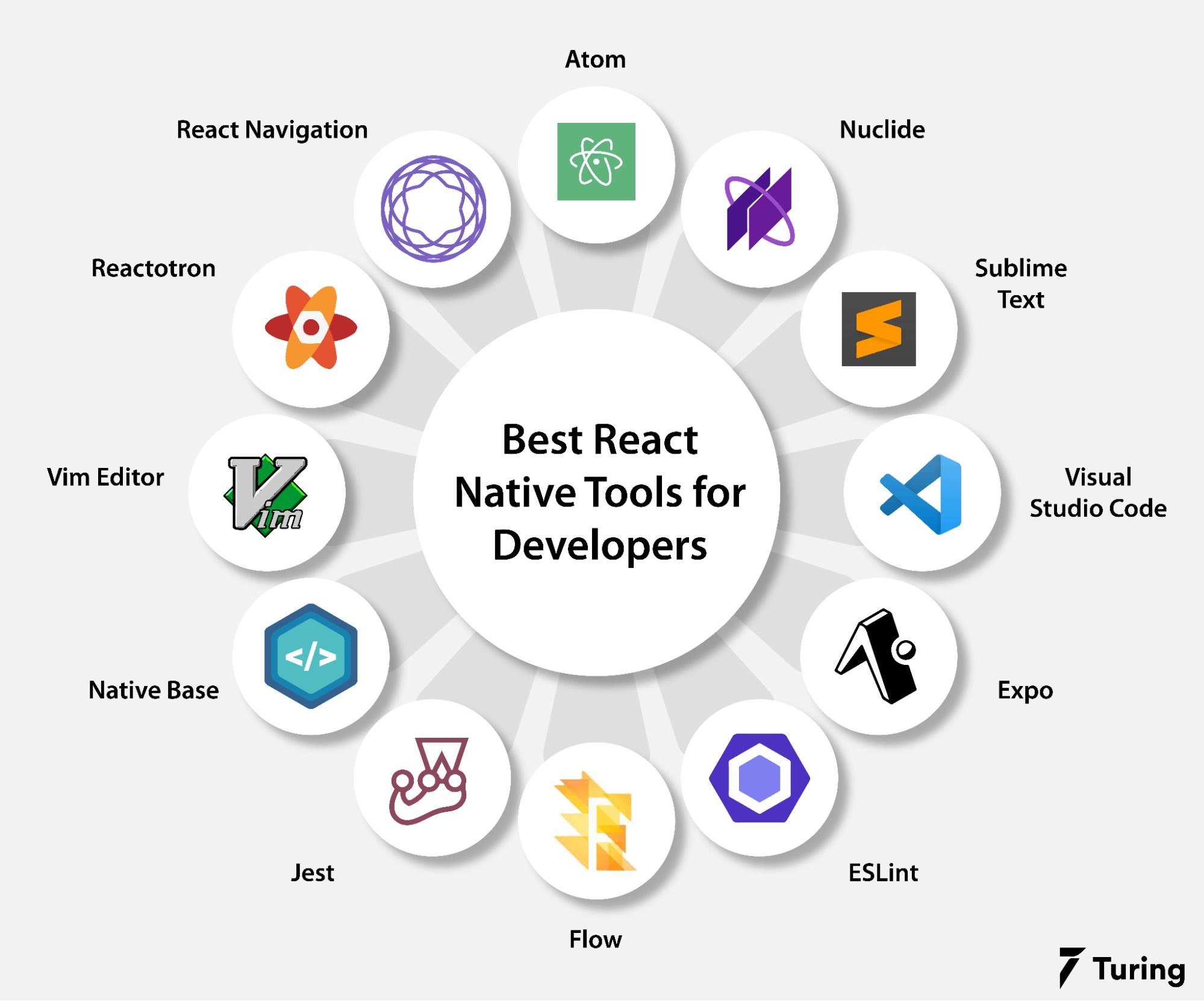Code review is a crucial part of the software development process, contributing significantly to the overall quality of the codebase. Here are some strategies to enhance software quality through effective code reviews:
- Establish Code Review Guidelines:
- Define clear and concise code review guidelines that cover coding style, best practices, and project-specific conventions.
- Make sure all team members are familiar with and adhere to these guidelines.
- Regular Code Review Meetings:
- Conduct regular code review meetings to discuss complex changes or new features as a team.
- Use these meetings to share knowledge, address concerns, and ensure everyone is on the same page regarding the project’s architecture and design principles.
- Use Code Review Tools:
- Leverage code review tools like GitHub, GitLab, or Bitbucket, which offer features like inline commenting and side-by-side diffs.
- These tools make it easier to track changes, provide feedback, and maintain a history of code reviews.
- Automated Code Analysis:
- Integrate automated code analysis tools into your continuous integration (CI) pipeline.
- Tools like static analyzers, linters, and code formatters can catch common issues before code reviews, allowing developers to focus on more complex problems.
- Encourage Peer Reviews:
- Promote a culture of peer reviews where team members review each other’s code.
- This helps distribute knowledge, ensures multiple sets of eyes on the code, and can lead to better solutions through collaborative efforts.
- Focus on High-Impact Areas:
- Prioritize code review efforts on high-impact areas of the codebase, such as security-critical sections, performance-critical code, or areas with recent changes.
- Balanced Feedback:
- Provide constructive and specific feedback. Focus not only on what’s wrong but also on what’s done well.
- Encourage discussions rather than dictating changes, promoting a positive and collaborative environment.
- Rotate Reviewers:
- Rotate code reviewers regularly to avoid bottlenecks and bring fresh perspectives to the review process.
- This helps prevent blind spots and ensures that different team members are familiar with different parts of the codebase.
- Learning Opportunities:
- Treat code reviews as learning opportunities. Share knowledge about new libraries, tools, or techniques that could benefit the team.
- Encourage discussions around the reasoning behind certain design decisions.
- Document Code Review Decisions:
- Document decisions made during code reviews, especially if they involve trade-offs or compromises.
- This documentation serves as a reference for future developers and helps maintain a consistent codebase.
- Track and Learn from Metrics:
- Track metrics related to the code review process, such as review turnaround time, the number of comments per review, and the types of issues found.
- Use these metrics to identify areas for improvement in both the codebase and the review process itself.
- Continuous Improvement:
- Regularly revisit and refine your code review process. Solicit feedback from team members and be open to making adjustments to improve efficiency and effectiveness.
By incorporating these strategies into your code review process, you can foster a culture of collaboration, improve code quality, and ultimately contribute to the success of your software development projects.








